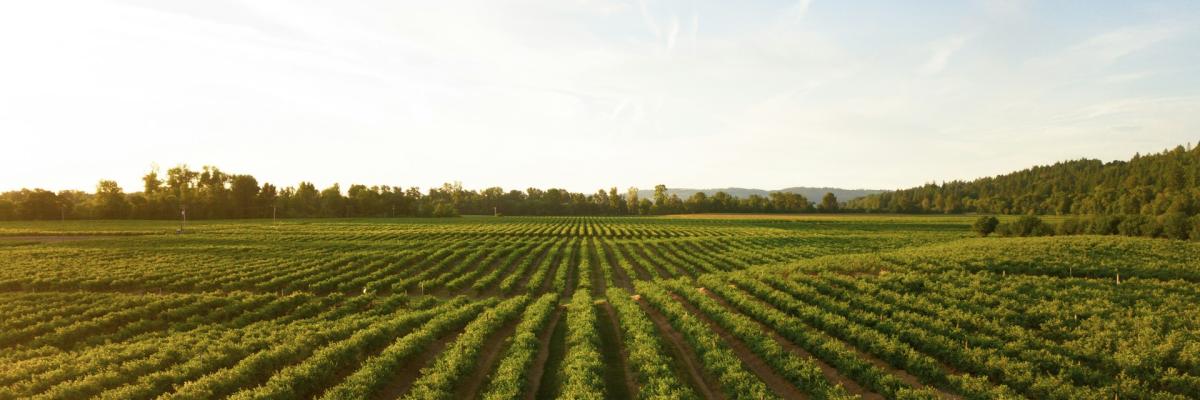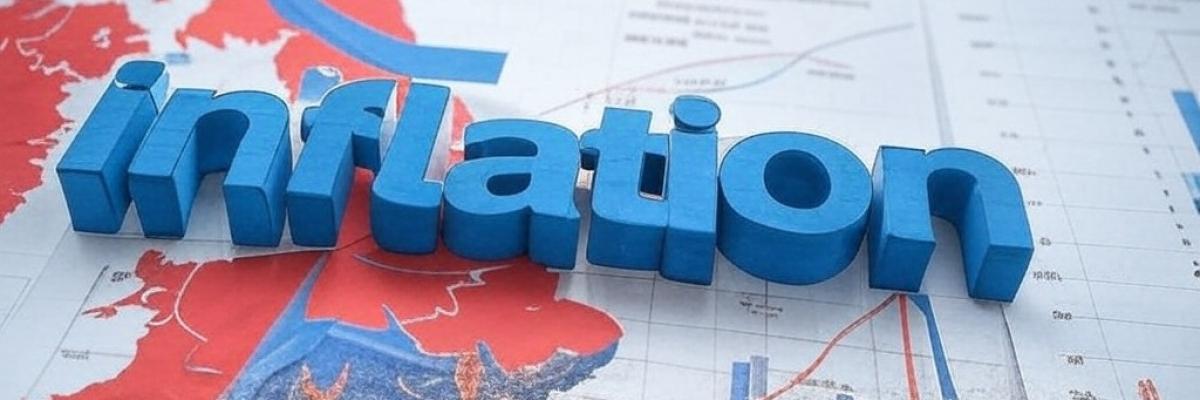Why are farmers protesting IHT changes?
- Lee Wisener
- 01-12-2024
- Guides
Farmers have been protesting due to the change in Inheritance Tax from the recent budget. Why is this such an issue?

Table of contents
There have been mixed reactions to farmers' protests recently over changes to the Inheritance Tax (IHT) that will impact many. Why are they protesting, and how does it impact them? Are they justified?
The change
From April 2026, agricultural and business assets exceeding £1m will be subject to 20% Inheritance tax.
In the past, these assets were largely exempt under Agricultural Property Relief (APR) and Business Property Relief (BPR).
The issue
Many farms have been passed down through generations, and it's always been that way. Today, the father is running the farm, inheriting it from his father, and will pass it down to a child.
Whilst farms often own valuable land, that land is used to grow crops and house livestock. Valuable land, sure, but the returns from the land are usually not comparable to the value. Subsidies are going or gone, and farm income is going down.
So, the issue is that when the current owner dies, it passes to a child, and they continue to operate the farm the way it has always been. No Inheritance tax is payable.
With this change, many farms will have to find 20% of the value to pay the new inheritance tax liability when they pass down to the next generation. But the majority of these farms are cash-poor. The value of a farm depends on the land, buildings, and equipment. Everything it needs to operate as a farm.
So, for many, the only way to cover the liability is to sell some of the land. When your entire business is farming the land, it has a significant impact if the amount of land you have to farm is reduced when passed on to the next generation.
If farms shrink, it will impact their revenue, and they may start going out of business—some certainly will.
The impact
At present, there are approximately 209,000 farms in the UK. A farm holding can, of course, vary in size, some bigger, some smaller. The government suggests only about 500 will be impacted annually. The National Farmers Union (NFU) suggests it could, in fact, impact up to 75% of farms.
If you have a farm valued at, say, £2m, it will be exempt up to £1m. The remaining £1m is liable for 20% IHT, meaning the farm will need to raise £200k to cover the liability.
I'm not saying every farm is poor. Some have diversified and made money from other means, such as selling land to build houses. But the farmers whose farms exist simply to produce food will struggle.
Bottom line
Farms are at risk, and in my view, they have legitimate cause for concern for the future of their farms. Farming is a way of life and, as noted, passed down through generations. The majority are not making the kind of money some may think they are and won't be able to pay this new liability without selling assets, thereby reducing their ability to, well, farm!
Lee Wisener
I am the Admin of this site. I created it from scratch, and I made all the content. The bottom line is that I'm it if you're looking for the person responsible! We now have a new support system, please log in and use it rather than email where possible.





Comments (0)
Want to comment on this page? Login or Register.